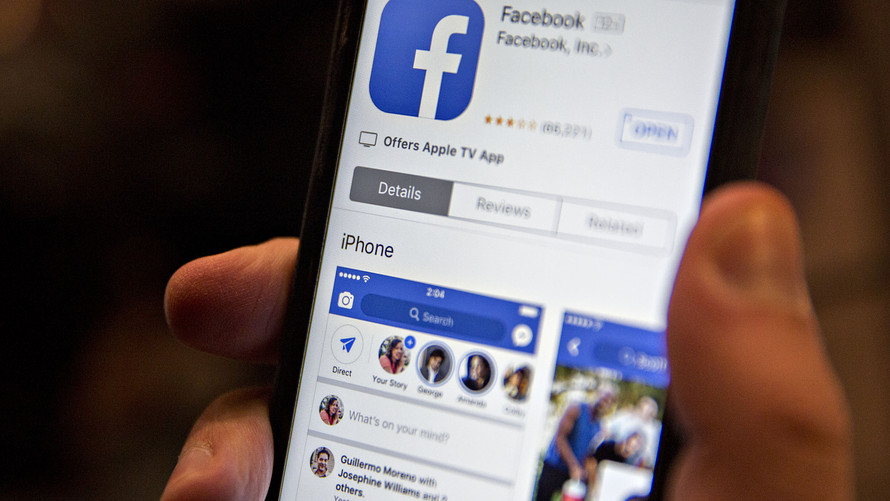Institute For Ethical Hacking Course and Ethical Hacking Training in Pune – India
Extreme Hacking | Sadik Shaikh | Cyber Suraksha Abhiyan

Credits: The Wall Street
A “small number” of partners such as Nuance Communications were given extensions of weeks or months beyond May 15 to access data on Facebook users’ friends, while other developers were cut off
Facebook Inc. struck customized data-sharing deals that gave select companies special access to user records well after the point in 2015 that the social network has said it walled off that information, according to court documents, company officials and people familiar with the matter.
Some of the agreements, known internally as “whitelists,” also allowed certain companies to access additional information about a user’s Facebook FB, +0.49% friends, the people familiar with the matter said. That included information like phone numbers and a metric called “friend link” that measured the degree of closeness between users and others in their network, the people said.
“As we were winding down over the year, there was a small number of companies that asked for short-term extensions, and that, we worked through with them. But other than that, things were shut down.”
